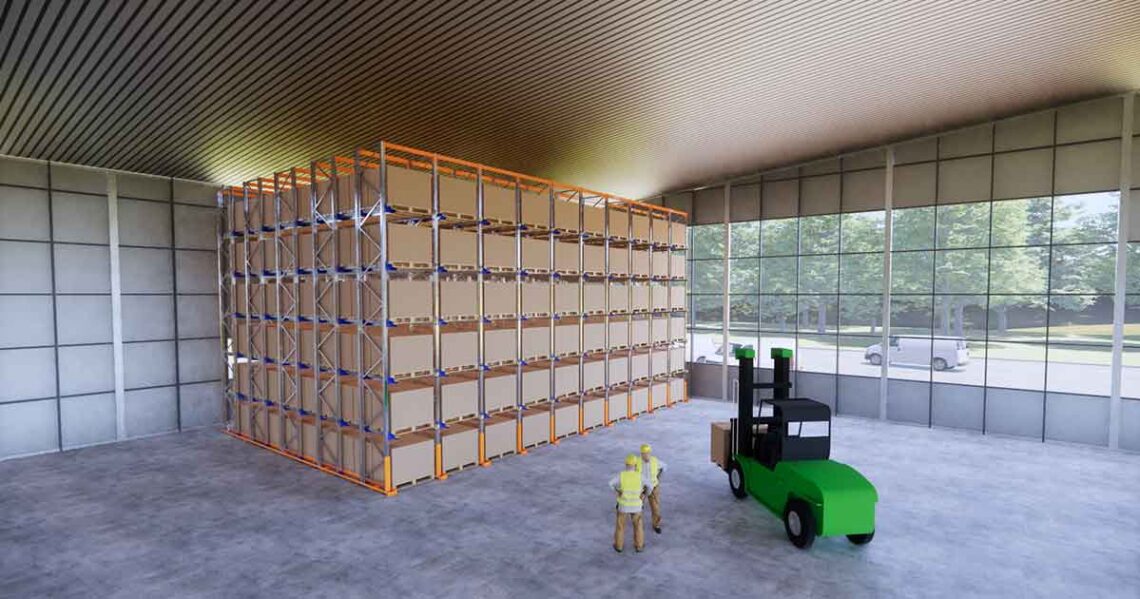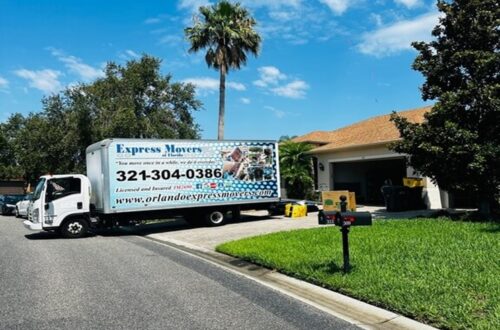In recent years, the demand for efficient, sustainable, and adaptable storage spaces has given rise to a new trend in industrial development — modular construction. As businesses grow and their needs evolve, warehouse design must keep pace with rapid market shifts, technology advancements, and sustainability goals. Modular construction has emerged as a game-changer, offering flexibility, speed, and cost efficiency that traditional building methods often lack. For companies searching for a modern warehouse for rent, understanding the benefits of modular design can help them make better choices for operational success.
What Makes Modular Construction Ideal for Warehouses?
Modular construction involves building sections or “modules” of a structure offsite in a controlled environment before transporting and assembling them at the final location. This approach drastically reduces construction time while maintaining high standards of quality. When it comes to finding a warehouse for rent, businesses today look for more than just storage space — they seek modern facilities that can be customized, expanded, or restructured based on operational needs. Modular warehouses perfectly align with this demand, offering scalable solutions that evolve as the business grows.
Unlike conventional warehouses that require months or even years to complete, modular buildings can be set up within a fraction of the time. The process minimizes on-site disruption and ensures that the warehouse is ready for occupancy faster. This is especially beneficial for companies that need immediate storage solutions without compromising on design, safety, or performance standards.
Flexibility and Customization for Business Growth
One of the greatest advantages of modular construction is its adaptability. Businesses often experience fluctuations in inventory levels, shifts in logistics strategies, or changes in product lines. Modular warehouses can easily accommodate these adjustments by allowing extensions, internal modifications, or even relocations with minimal effort.
For entrepreneurs or logistics companies searching for a warehouse for rent, modular facilities provide the perfect balance of efficiency and customization. Whether it’s adding new loading bays, expanding office areas, or integrating smart technology systems, modular structures can be upgraded quickly to meet specific requirements. This adaptability not only saves time but also prevents unnecessary costs associated with rebuilding or relocating entirely.
Sustainability and Cost Efficiency
Sustainability is a growing priority in the industrial sector, and modular construction naturally supports eco-friendly practices. The offsite construction process significantly reduces material waste, energy consumption, and carbon emissions. Furthermore, modular warehouses often use recyclable materials and energy-efficient designs, contributing to greener operations.
From a cost perspective, modular construction reduces expenses across multiple stages — from labor to material management and long-term maintenance. Businesses that choose modular warehouses save on both initial investment and operational costs. This makes them a smart and future-ready choice for companies that prioritize both financial and environmental responsibility.
Speed, Quality, and Technology Integration
Speed is one of the most appealing aspects of modular construction. While traditional warehouses require multiple stages of approval, site work, and lengthy construction timelines, modular projects run parallel processes that cut overall build time by up to 50%. This allows businesses to start operations sooner and respond to market demands without delay.
Additionally, modular buildings adhere to strict quality control standards. Since construction occurs in a controlled factory setting, every component is inspected and tested before assembly. This ensures superior durability and consistency across the structure.
Modern modular warehouses also support the integration of smart technologies — from automated storage systems and energy management tools to IoT-enabled devices. Such features enhance operational efficiency, streamline workflows, and optimize space utilization, making modular warehouses a top choice for modern businesses.
Future-Ready Warehousing Solutions
As industries evolve, the concept of warehousing continues to change. Modular construction provides businesses with the agility to adapt to shifting market needs and embrace innovation without major structural overhauls. The ability to modify or expand facilities quickly ensures that companies remain competitive and ready to meet future challenges.
For those exploring a warehouse for rent, modular design represents the perfect blend of innovation, efficiency, and sustainability. It not only delivers faster construction timelines and lower costs but also empowers businesses to scale their operations with ease.
Conclusion
In today’s fast-paced business environment, modular construction stands out as a revolutionary approach to warehouse design. Its combination of flexibility, sustainability, cost efficiency, and rapid setup offers clear advantages over traditional building methods. For businesses seeking a modern warehouse for rent, modular facilities provide the ideal foundation for growth, innovation, and long-term success. As industries continue to evolve, modular construction will undoubtedly play a vital role in shaping the future of warehousing across the UAE and beyond.






